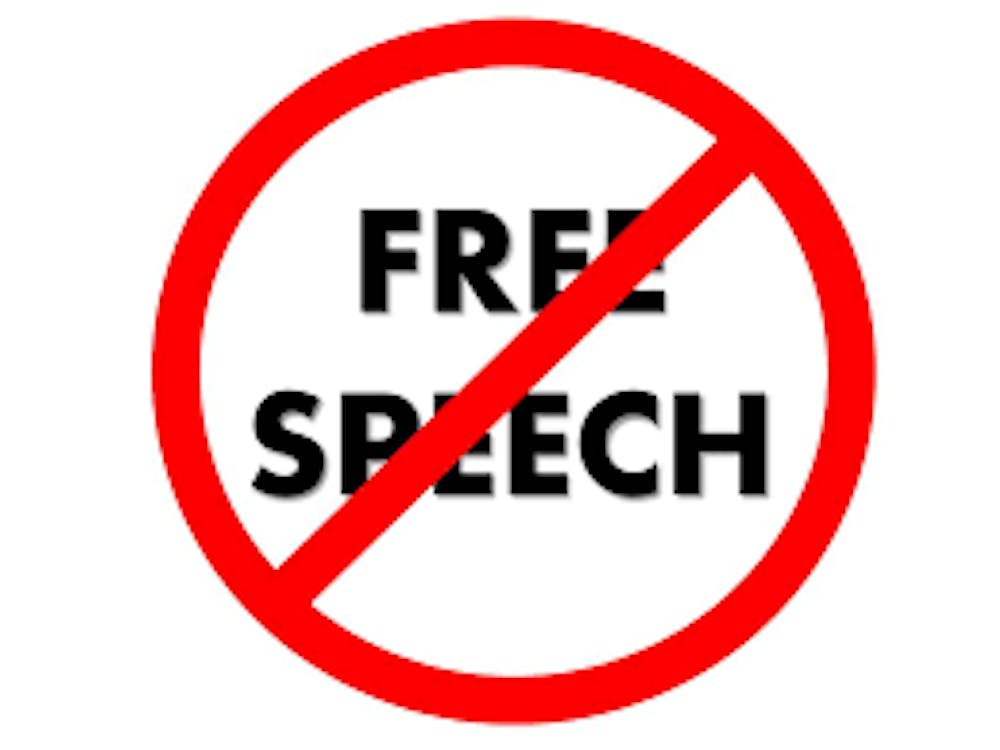Keep exams after break
Ryan BornAround this time every year, it is a solemn and holy tradition for Princeton Undergraduates to start complaining about a peculiarity of the Princeton academic calendar. Exams after break? Ew. But I argue that if you closely examine the arguments for both having exams before break, and having exams after break, it is clear that having exams after break is the superior (if counter-intuitive) choice. Princeton Students should not be so hasty to wish away one of the great structural advantages Princeton gives us.








